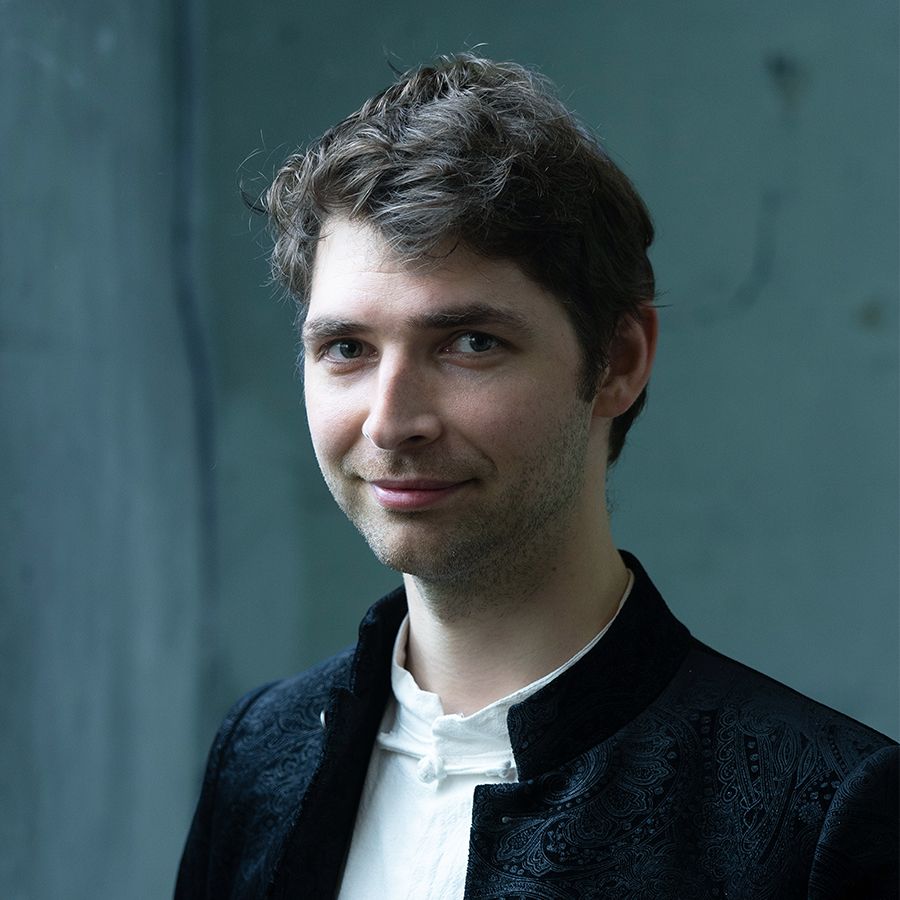
Piano Practice Companion
Piano Practice Companion (PPC) is an innovative learning tool created to help aspiring pianists build their independence.
Learning music is a complex journey that demands focus and discipline. That’s why PPC provides a wide range of ideas and techniques designed to inspire and bring structure to piano practice.
From physical exercises and theoretical concepts to the development of cognitive skills, PPC helps learners gain awareness of their learning process and encourages them to broaden their focus through engaging illustrations.
- For students of conservatories and music schools who have at least one year of instrumental practice
- For teachers who wish to ensure pedagogical continuity between lessons
- For parents who want to support their children in their learning
- For adult hobbyists
PPC offers you unique content of high quality for free, pursuing several goals:
- To build and structure a very comprehensive database of piano learning methods
- To inform students about the different ways of learning
- To foster pedagogical dialogue between the student and the teacher
- To guide students toward independent practice
- To help students maintain focus during a learning session
- To provide access for all pianists to the development of their learning approaches
The content of PPC is based on knowledge and skills acquired over more than 10 years of higher education, performance experience, and piano teaching in CRI, CMA, and CRR. This content is supervised by the artist-teachers mentioned in the “Acknowledgments.”
PPC is an educational platform in constant evolution. One of its upcoming goals is the publication of Volume 2.0.
Remerciements
to Mécénat Musical Société Générale and Serge Cyferstein for the support they provided to the project;
to Anne-Lise Gastaldi and Michaël Ertzscheid for their contribution to the pedagogical design;
A special thanks to Emmanuel Olivier and Maroussia Gentet who played a major role in the creation and development of the project;
to Veronika Bograya for shaping these numerous ideas.

Matvey ZHELEZNYAKOV
founder, illustrator, educational designer
Pianist graduated from the Conservatoire National Supérieur de Musique et de Danse de Paris in piano, pedagogy, vocal accompaniment, and composition. Winner of the International Performance Competition of the French Mélodie in Toulouse, member of the Collectif G. Piano and chamber music teacher at the Jacqueline-Robin Conservatory in Taverny.
The piano student inherits various learning methods from their teacher. Sometimes, these methods are summarized in a notebook, or they are conveyed entirely orally. With the introduction of new concepts to assimilate, the student can sometimes feel lost, unsure of how to approach the piece they are working on in a structured way. They may feel alone at the piano, with no one to guide them in their practice. It also happens that their parents have no musical knowledge and face limits in helping their child. Additionally, essential methods are sometimes neglected when practicing alone.
It is to provide support in all these situations that I created the Piano Practice Companion (PPC). With this resource, I wanted to gather numerous working methods to answer a simple question: how can one learn a piece when practicing alone?
Well, the ambition of PPC lies in the documented search for a universal structure that would encompass the essential elements of piano learning, with the goal of providing accessible support to everyone.
PPC takes into account that each student has a unique way of learning and only presents the essential approaches to promote growth on stage. It therefore offers numerous “protocols,” categorized by difficulty and organized visually and playfully, always focused on the crucial elements of learning.
It is clear that this compilation of methods is not intended to replace the essential role of the teacher, who possesses technical expertise, artistic culture, stage experience, and serves as the primary source of inspiration for students. On the contrary, PPC is one of the pedagogical resources designed to explain the fundamental concepts of piano learning in service of both students and teachers.
I believe that the ambition of PPC should grow through the contribution of many people. It is important that those who wish to contribute can participate in this fascinating challenge of learning. The Facebook group exists so that emerging ideas can be integrated into PPC and best serve the growth of students, which, for me, is the primary goal of teaching.